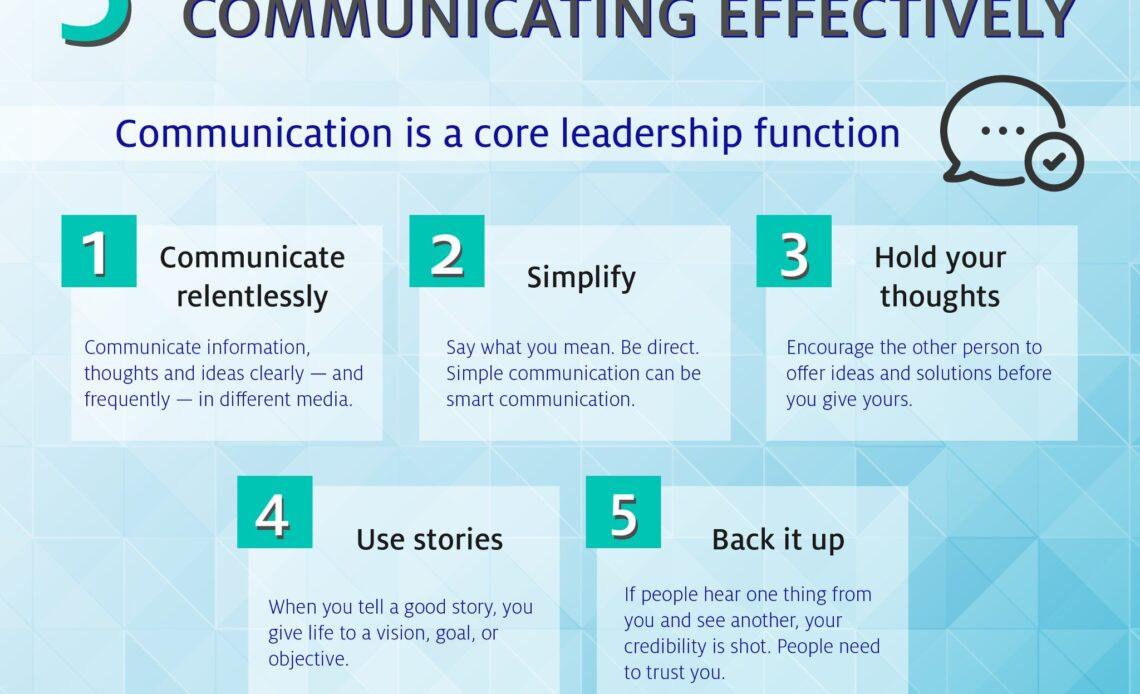
Effective communication is paramount when managing any personal or professional relationship. These tips can help you hone your communication skills and maximize any conversation.
Good communication requires clarity and succinctness, both verbally and nonverbally. Furthermore, it necessitates sensitivity to your audience’s needs and culture.
1. Be clear
Communication is a vital skill in both personal and professional relationships. It involves listening carefully, being timely and responsive, as well as maintaining an encouraging and productive dialogue.
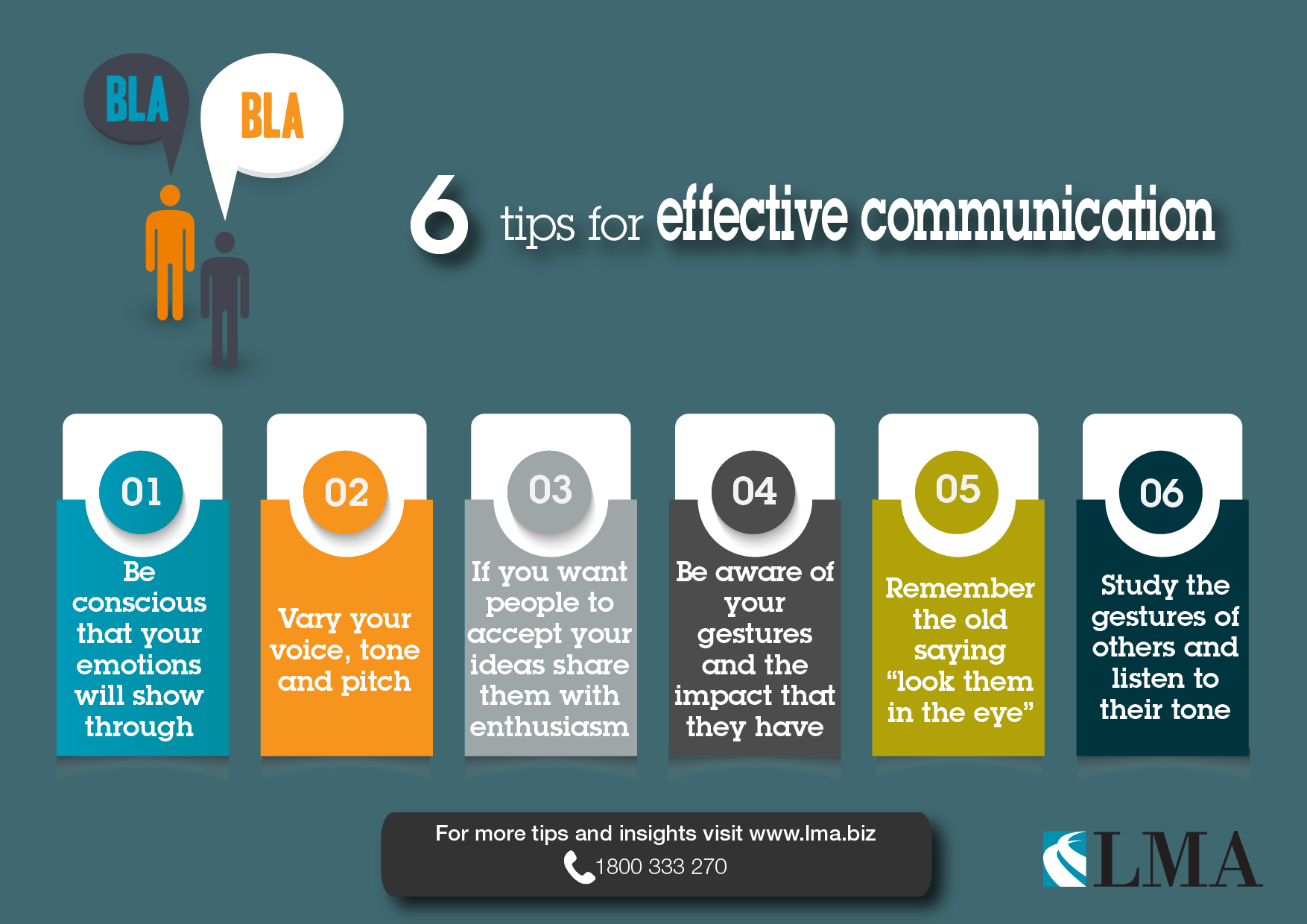
Miscommunication often leads to conflicts in relationships. Effective communication skills can prevent these issues from escalating and create more favorable working conditions for all parties involved.
One way to be clear when communicating in either a personal or professional context is to express your boundaries clearly. For instance, if you don’t approve of someone shouting at you during a meeting, make sure that’s stated explicitly in your communication.
2. Don’t be abrasive
Being abrasive is one of the quickest ways to derail a good conversation. While you don’t need to go overboard by shouting or cutting someone off, verbally aggressive behaviors like insults, name-calling and rumor mongering should be avoided at all costs.
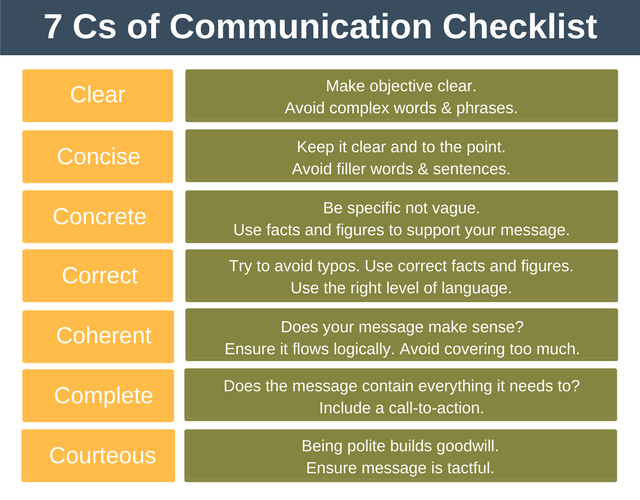
Being abrasive is a well-known trait, and it can be challenging to recognize when someone’s behavior is out of character. Sometimes, those with this personality type become so used to their way of communicating that they don’t even realize they display poor manners or lack empathy. If you notice an abrasive person displaying any red flags, take time out of their day and talk with them about why; it could be that they’re trying to convey something important or simply need an alternative way of getting their point across.
3. Make eye contact
Eye contact is an integral component of communication and helps to foster trust with others. It also serves to elicit empathy – the capacity for understanding and sharing another person’s emotions – which can be an incredibly valuable skill in today’s world.
It can be easy to overlook eye contact when conversing with others, yet this essential skill should be practiced and refined throughout your daily life.
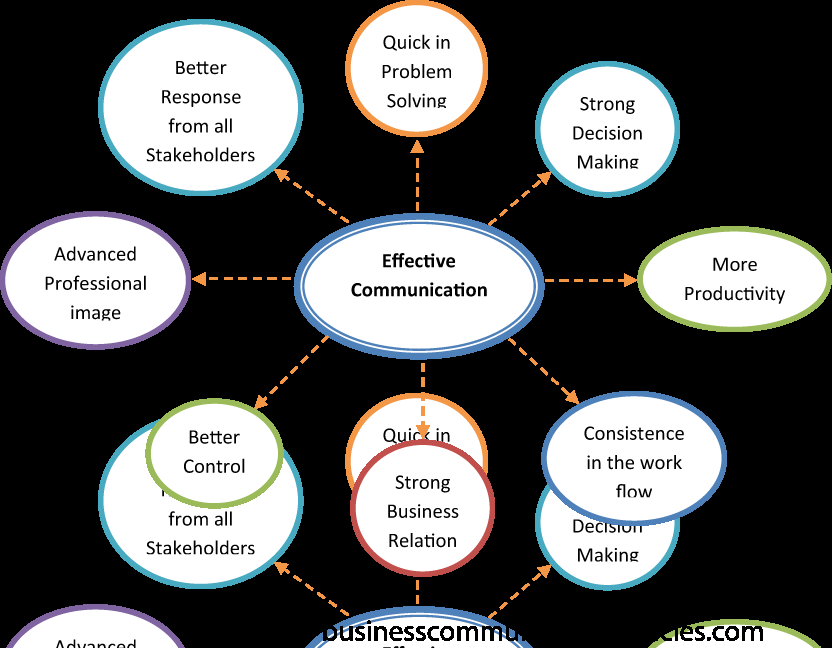
Eye contact is an effective way to show someone you’re paying attention and focused on the conversation at hand. It also helps increase self-awareness, which is beneficial in interpersonal relationships.
4. Don’t be afraid to ask questions
Effective communication in personal and professional relationships necessitates not being afraid to ask questions. This can be especially helpful when trying to clarify expectations or ensure you’re doing something correctly.
When asking a question, make sure it is the appropriate one and you understand why you must ask it. Doing this will guarantee you receive an insightful response.
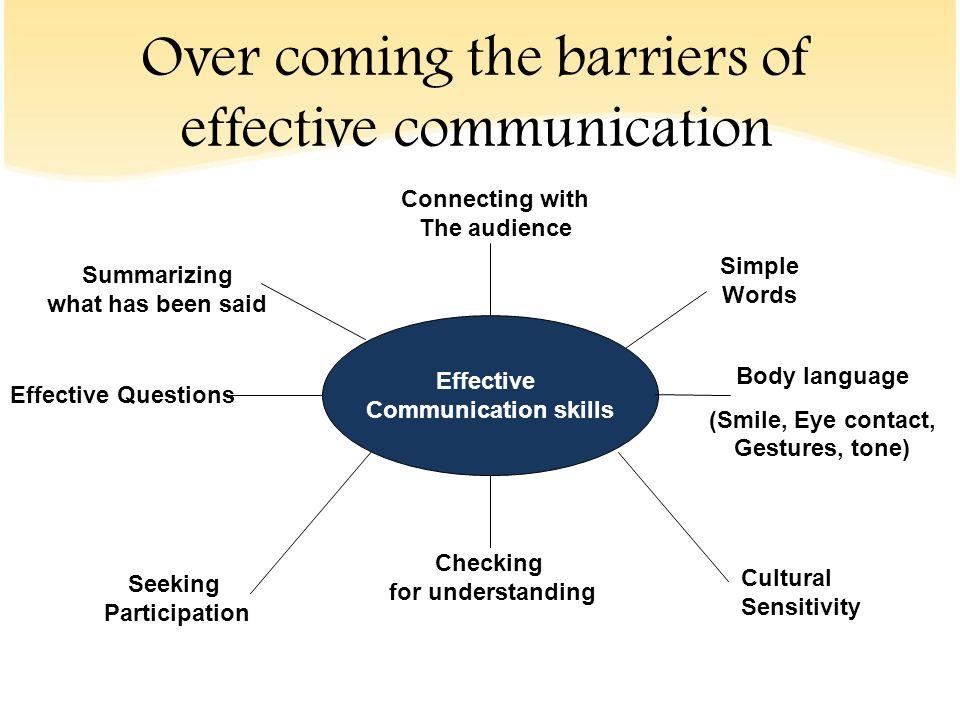
A great question is one that encourages your conversation partner to explore and develop ideas. While this may not always be straightforward, asking good questions is essential for keeping the conversation moving forward.
5. Don’t be afraid to disagree
Communication in personal and professional relationships requires the ability to disagree. Disagreements may be difficult, but they’re an inevitable part of any healthy relationship.
Communicating disagreements respectfully and politely is the key to keeping communication positive and encouraging productive discussion.
It’s essential to select topics that matter and will influence the outcome of the conversation. Doing this helps you disagree productively without damaging your relationship.
Disagreements can be challenging, but they’re necessary for a productive work environment and successful business outcomes. When disagreements are handled respectfully, they become positive experiences that sharpen your skills as a leader and communicator.

